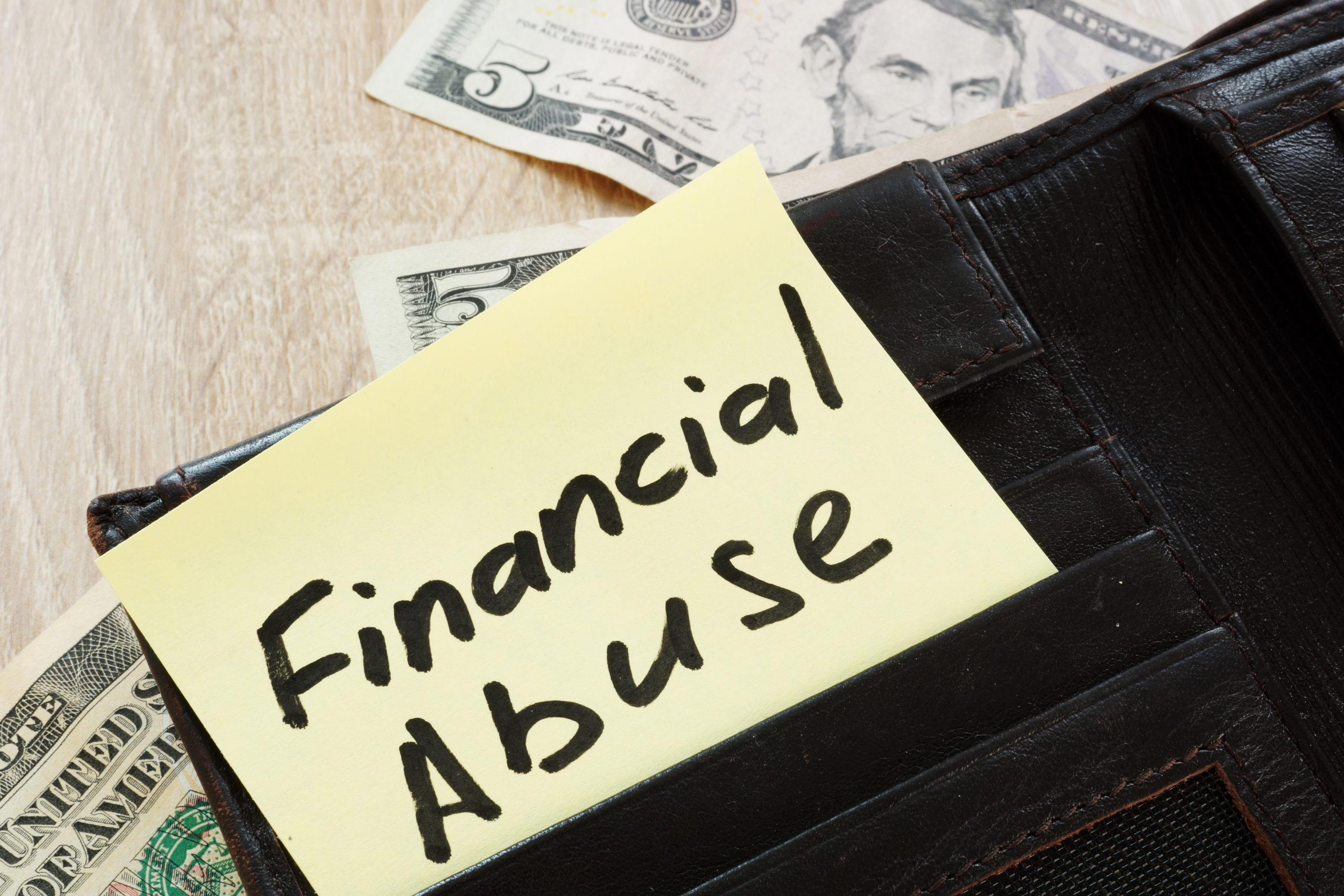Financial abuse is present in 99% of emotionally abusive and physically abusive relationships. Yet, it seems like nobody is talking about it, and many people don’t even know what financial abuse is. Simply put, financial abuse is when your significant other uses your finances, shared or otherwise, as a means of control. Sadly, this type of abuse typically begins in a very gradual manner. And, because financial abuse itself doesn’t leave any physical marks, it can be challenging to recognize.
What Is Normal?
It’s common for victims of this type of abuse to be manipulated into believing that the abusive behavior is totally normal. Therefore, in order to recognize financial abuse, it is important to have a good understanding of what is normal and what is not. It is normal for couples to share all of their finances. In fact, many financial and marital experts suggest it. It is also normal-—and very much recommended—to have open and honest conversations about financial issues. Since so many couples fight about money, the majority of marital experts suggest being completely honest with your partner regarding your purchases.
What Is Not Normal?
The Shelter for Abused Women and Children have isolated two types of financial abusers. The type 1 abuser controls you by making you financially dependent on them. The type 2 abuser controls you by spending all of your money.
Financially Taking Advantage of You – Financially abusive partners may spend large sums of your money without asking, run up your credit cards, or open accounts in your name without asking. They may also demand that you pay for their debts or support them financially. In financially abusive relationships, the abusive party may force you to share your money while they refuse to share theirs.
Interfering with Your Ability to Work – In order to ensure you cannot leave the relationship, a financially abusive significant other may attempt to keep you from working or gaining money of your own. They may tell you that you’re not allowed to have a job or an income of your own. They might pressure you into quitting your job, going as far as showing up at your work to harass you. A financially abusive partner may also attempt to get you fired, or make showing up for work too difficult.
Controlling All Finances – Both types of financial abusers take measures to control the finances. Controlling the finances may look like a partner putting you on a strict allowance that they themselves are not subject to. In order to exert control, they might refuse to allow you to have your name on home and auto loans—even if these items were purchased jointly. You may be forced to ask permission before buying anything. A financially abusive significant other may attempt to prevent you from accessing any financial information by intercepting mailed statements or refusing to share passwords.
Leaving a Financially Abusive Marriage:
Financial abuse often leaves victims feeling uncertain and vulnerable. Many victims of this type of abuse stay because they’re financially dependent on their abuser. Others stay because their significant others have ruined them financially. In both cases, many victims feel as though they have nowhere else to go. If you need help leaving a financially abusive relationship, CoilLaw is here for you. Jill Coil and her team of attorneys are committed to helping those in financially abusive relationships find a clear path out.


